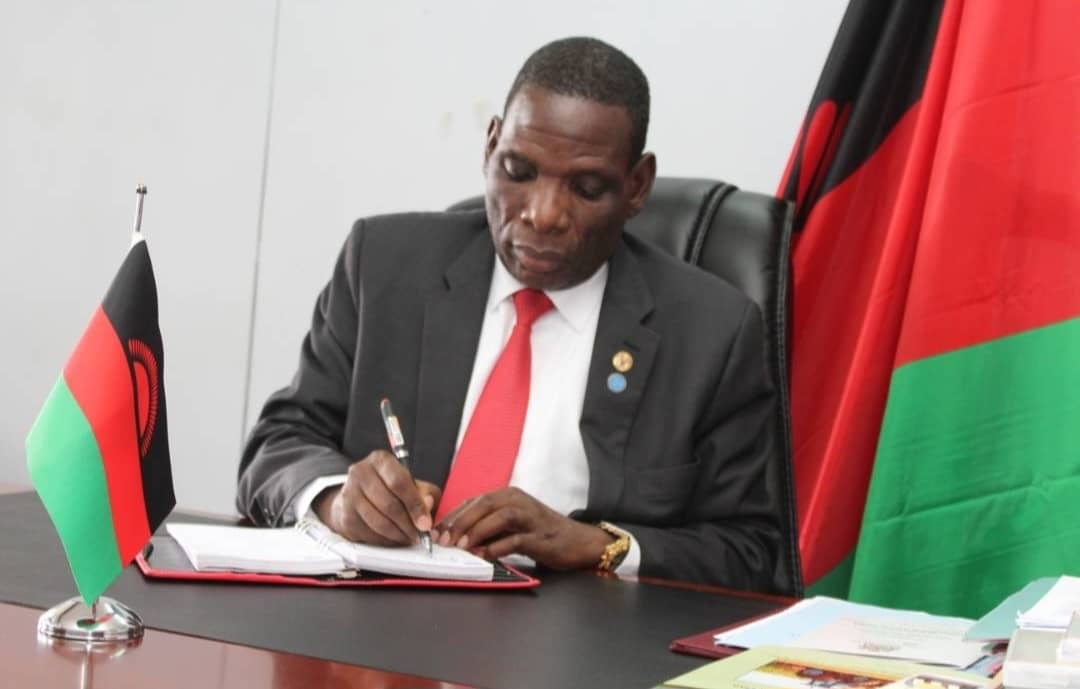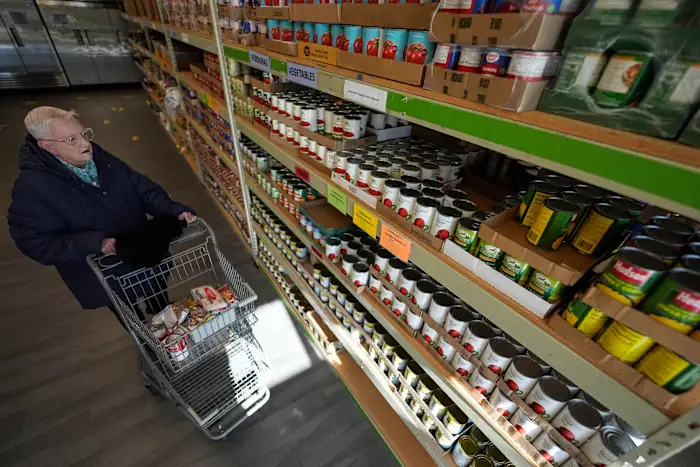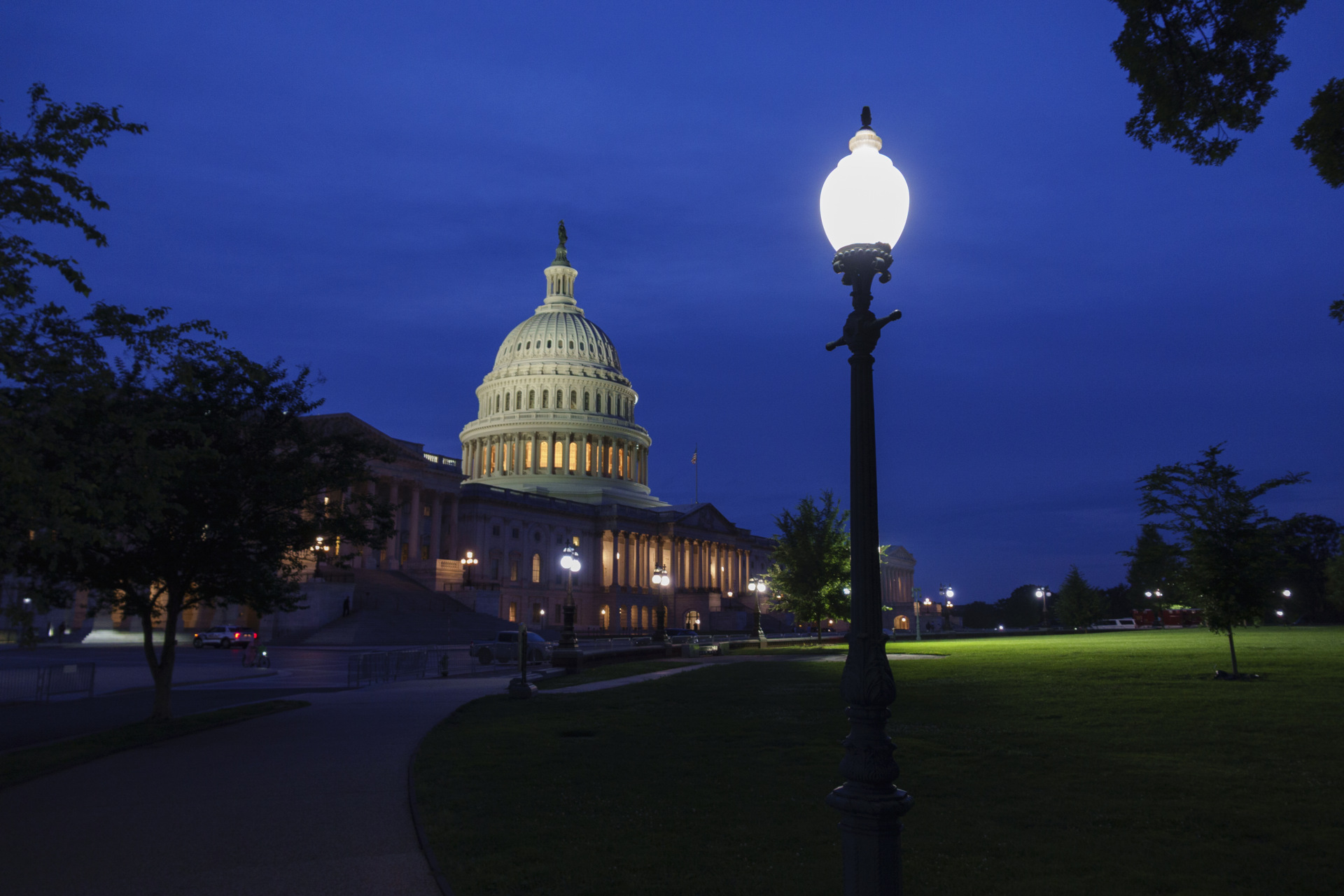Copyright nyasatimes

Malawi’s Minister of Finance, Joseph Mwanamvekha, has urged collective national effort in steering the country through one of its toughest economic recovery paths in recent history, emphasizing that government alone cannot fix the crisis. Speaking at the Economic Association of Malawi (ECAMA) Annual Conference, Mwanamvekha reaffirmed government’s commitment to economic diversification and structural transformation as key drivers of sustainable growth. “We need to diversify our sources of growth and ensure that our reforms are both sustainable and inclusive,” said Mwanamvekha. “The road to recovery will not be easy. It demands shared responsibility among government, the private sector, academia, and our development partners.” The minister commended ECAMA for its consistency in advancing economic dialogue and practical policy engagement, noting that last year’s conference had already set the tone for the current reform priorities — including debt sustainability, fiscal discipline, export diversification, and climate-smart agriculture. Mwanamvekha painted a sobering picture of Malawi’s current macroeconomic situation, describing it as “difficult but not hopeless.” He revealed that economic growth remains subdued, with real GDP projected at 2.8 percent in 2025, far below the government’s 6 percent target and the 5.0 percent growth recorded in 2019. Inflation has surged to 28.2 percent, up from 9.4 percent in 2019, severely eroding household purchasing power and increasing the cost of doing business. “Foreign exchange shortages continue to cripple import-dependent sectors,” he said, “while fiscal pressures from debt servicing — which has risen from K4.1 trillion in 2019 to K21.6 trillion — have limited government’s ability to invest in key development priorities.” The Reserve Bank’s policy rate has also jumped from 13.5 percent in 2019 to 26.0 percent, tightening credit and slowing private sector activity. These pressures, Mwanamvekha said, have contributed to shortages of food, fertilizer, fuel, and essential drugs, leaving hospitals and businesses struggling to stay afloat. Despite these daunting challenges, the minister maintained that the Mutharika administration remains “resolute in pursuing macroeconomic stability and long-term resilience.” He said government is implementing a comprehensive reform agenda anchored on fiscal consolidation, debt restructuring, domestic revenue mobilization, and investment in climate-smart infrastructure and agriculture to cushion against environmental shocks. “Our goal is not just recovery, but transformation,” Mwanamvekha stressed. “We must rebuild an economy that can stand on its own, driven by innovation, productivity, and private-sector dynamism — in line with the Malawi 2063 Vision.” The Finance Minister concluded by warning that “there will be no quick fixes”, but expressed confidence that with unity of purpose and shared sacrifice, Malawi can rebuild its economic strength and restore hope to its people. “Malawi’s challenges are real and complex,” he said. “But they are not insurmountable — not if we walk this difficult road together.”



